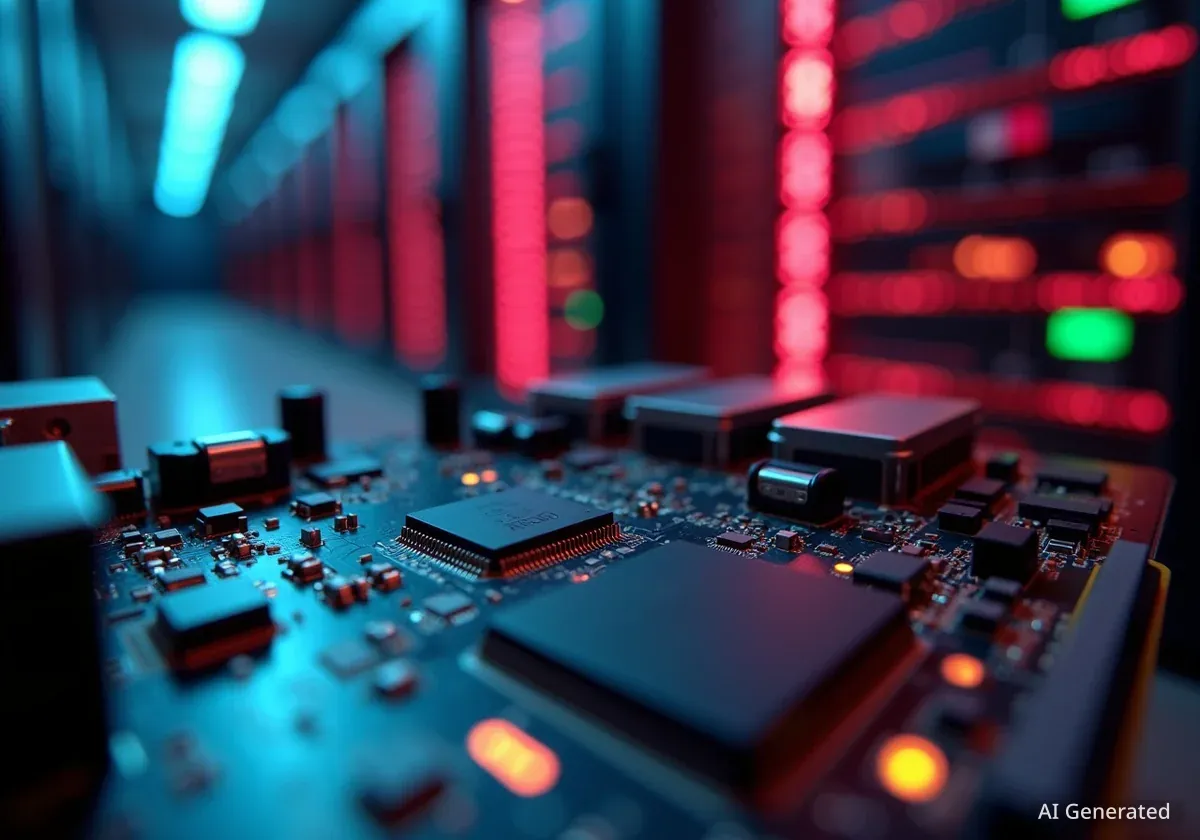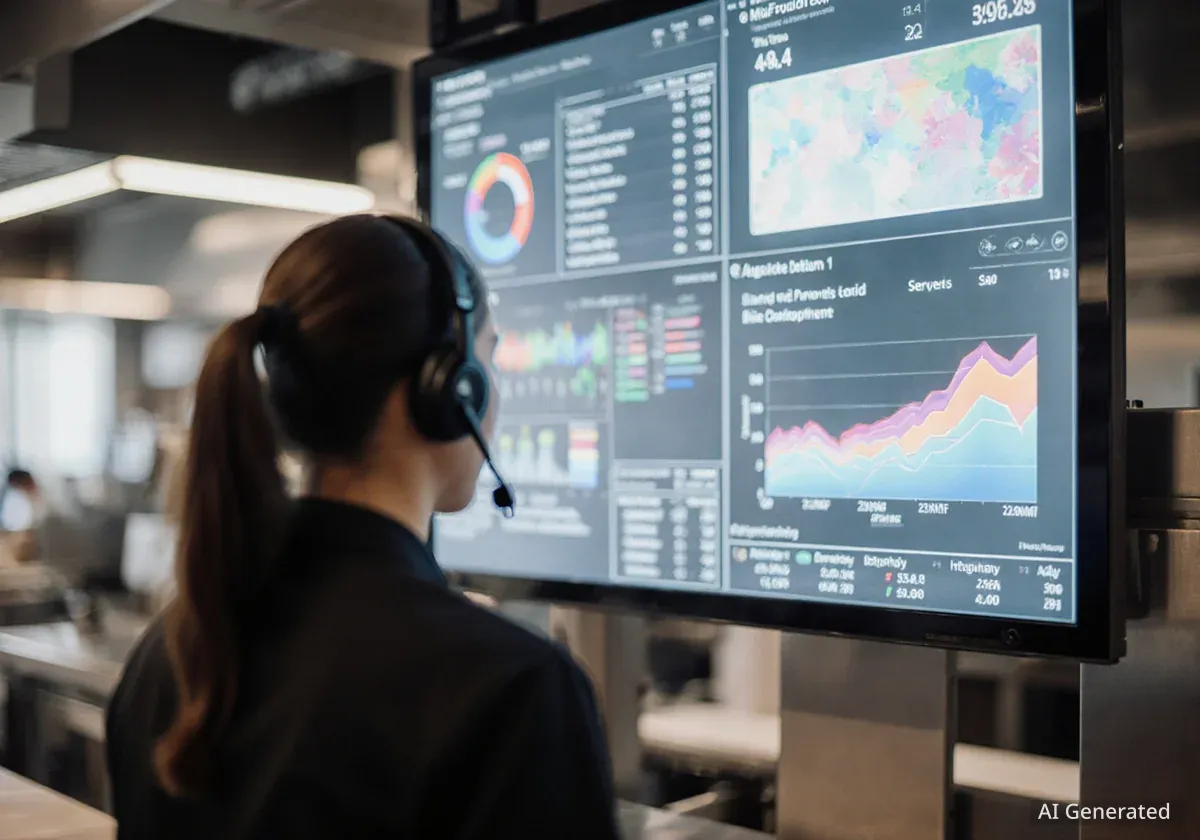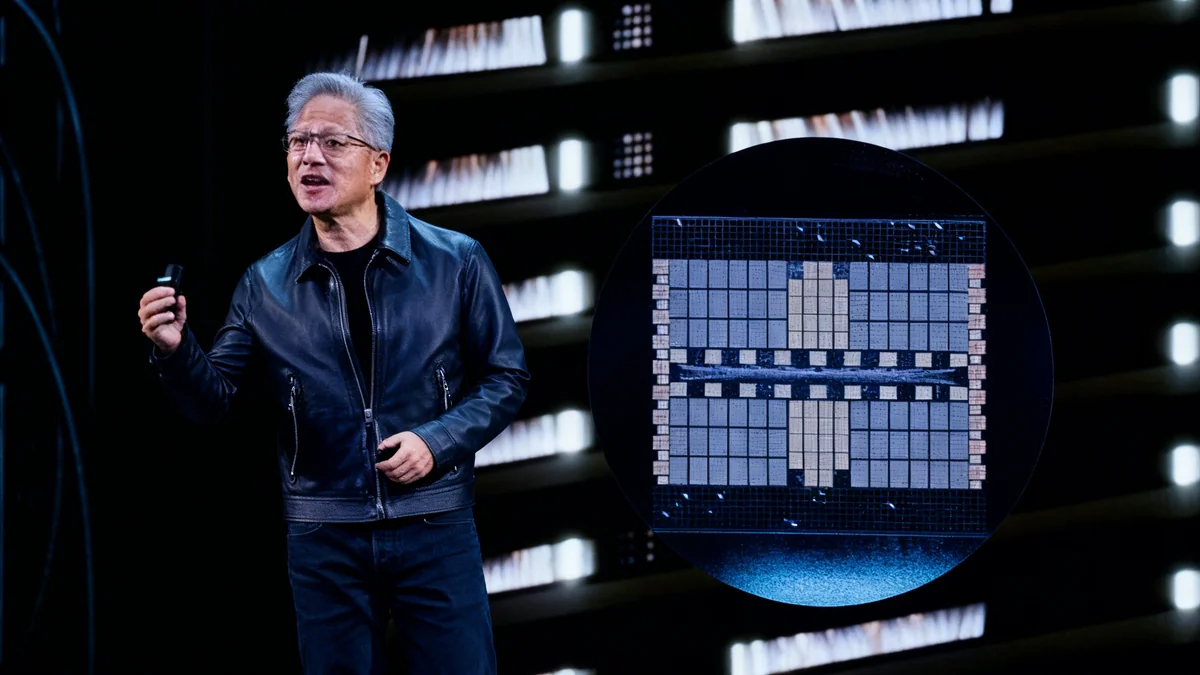Raspberry Pi has announced price increases for several of its popular single-board computers and modules, effective immediately. The company attributes the move to a significant surge in the cost of high-bandwidth memory (HBM), which has risen approximately 120% over the past year due to overwhelming demand from the artificial intelligence industry.
In a statement, Raspberry Pi CEO Eben Upton explained that despite entering the year with large memory stockpiles, the sustained cost pressure made it necessary to adjust pricing for higher-memory devices. The increases affect products with 4GB and 8GB of RAM, while lower-density models remain at their current prices.
Key Takeaways
- Raspberry Pi is raising prices on several 4GB and 8GB models by up to 12%.
- The company cites a 120% increase in high-bandwidth memory (HBM) costs over the last year.
- Demand from the AI sector is identified as the primary reason for the memory market pressure.
- Products with 1GB and 2GB of memory are not affected by these price changes.
- The company hopes to reverse the increases when memory prices stabilize.
Specific Price Changes Announced
The price adjustments impact some of Raspberry Pi's most capable devices. The changes are targeted specifically at models that use higher-density memory chips, which have seen the most significant cost inflation.
Compute Modules and Development Kits
The Compute Module series, popular for embedded and industrial applications, sees notable adjustments. The 4GB versions of the Compute Module 4 and Compute Module 5 will now cost $50, an increase of $5, or approximately 11%.
The 8GB variants of these modules experience a larger jump, rising 12% to a new price of $95. For developers, the Raspberry Pi Development Kit for the Compute Module 5 will also increase by $5, bringing its new price to $135.
Consumer-Focused Products
The Raspberry Pi 500, an all-in-one computer built into a keyboard, is also affected. Its price has been increased by $10, from $90 to $100. This move reflects the rising component costs for the hardware contained within the compact unit.
Price Adjustment Summary
- 4GB Compute Module 4/5: Increased by $5 to $50 (11% rise)
- 8GB Compute Module 4/5: Increased to $95 (12% rise)
- Raspberry Pi 500: Increased by $10 to $100
- Compute Module 5 Dev Kit: Increased by $5 to $135
The AI Industry's Impact on the Memory Market
The core issue driving these price hikes is the global market for high-bandwidth memory. The rapid expansion of artificial intelligence requires vast amounts of powerful memory for training and running large language models and other AI applications. This has created what Raspberry Pi's CEO calls an "insatiable demand for high-bandwidth memory."
"At this point, memory costs roughly 120 percent more than it did a year ago," Eben Upton stated, explaining the decision to "pass some of this cost on" to consumers.
This market pressure is causing memory manufacturers to prioritize the production of HBM, which commands higher profit margins. According to industry reports, major memory producer Micron has nearly sold out its entire HBM production capacity for 2026. This focus on HBM is creating supply constraints and price increases for other types of memory, like the DRAM used in Raspberry Pi devices.
Why AI Needs So Much Memory
Artificial intelligence models, especially large ones like those used in generative AI, require massive amounts of data to be processed simultaneously. High-bandwidth memory allows for faster data transfer between the processor and the memory, which is critical for the performance of these complex calculations. As the AI industry grows, its consumption of the global memory supply is having a ripple effect across the entire electronics industry.
Unaffected Products and Future Outlook
Raspberry Pi has confirmed that not all of its products are subject to the price increase. Models with 1GB and 2GB of memory are unaffected. According to Upton, "the impact of the memory price increases is not so pronounced at these densities."
During a September earnings call, Raspberry Pi CFO Richard Boult noted that the company's profit margins are higher on devices with more memory. The company has also stated it has secured enough low-density memory chips to meet production needs through the rest of 2025 and into 2026, ensuring price stability for its entry-level products.
Upton expressed optimism that these price changes are temporary and tied to current market conditions.
"We look forward to reversing them once memory prices return to their long-term downward trajectory," he said, though no timeline was provided for when that might occur.
Other Adjustments to the Product Line
In addition to the memory-related changes, Raspberry Pi announced two other price adjustments that are unrelated to the current HBM shortage.
The price of the popular Raspberry Pi 3B+ is increasing by $5 to $40. This model remains a staple for many hobbyists and developers.
Conversely, the company is dropping the price of the original Compute Module 1 by $5, bringing it down to $25. This module, first released over a decade ago, is no longer recommended for new designs, but Raspberry Pi has committed to continuing its production until at least January 2026 to support legacy industrial customers.
These adjustments reflect the new reality of the global electronics component market, where the explosive growth of one sector—artificial intelligence—is creating significant economic pressure on others, from large-scale manufacturers to the hobbyist community.





